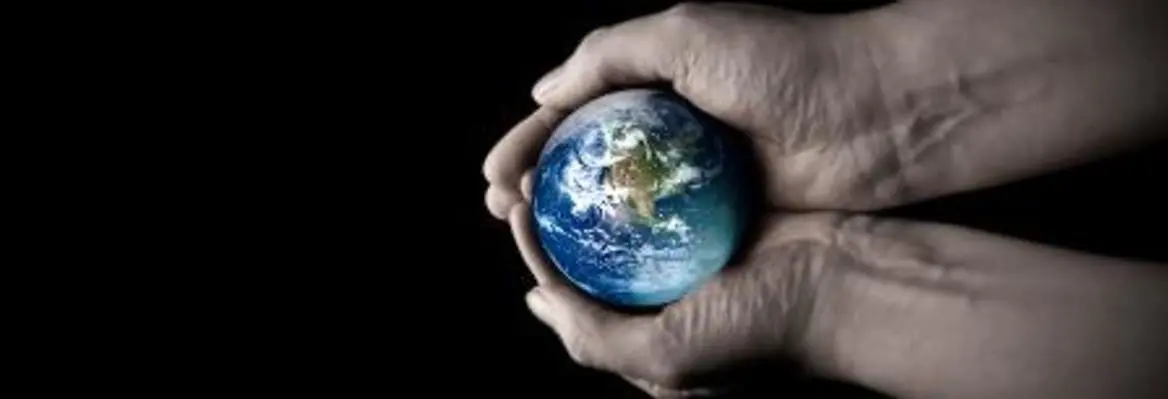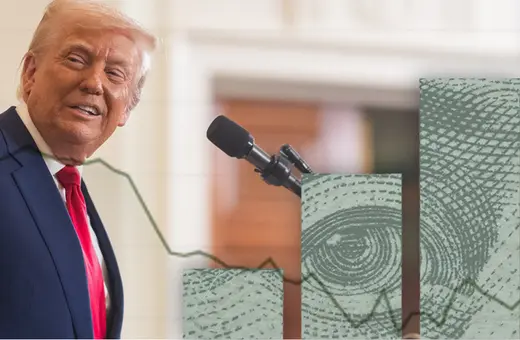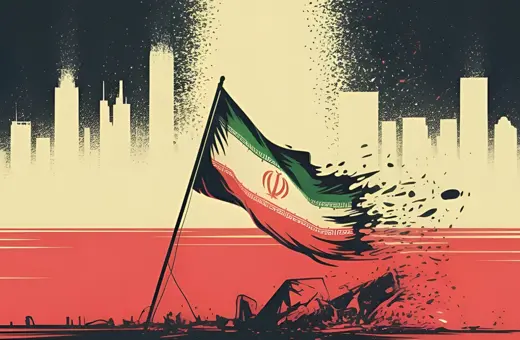An economist and journalist, Anatone Kaletsky wrote for The Economist, The Financial Times, and The Times of London before joining Reuters in 2012. He is also author of Capitalism 4.0: The Birth of a New Economy in the Aftermath of Crisis. Here, he discusses the biological basis for property rights, owning the unownable and the growing need to limit copyright protection.
Is ownership a moral, or an economic issue?
Well, it's both. Certainly there are very strongly economic justifications, weaker moral ones, as well as important political, civil, and biological justifications. The moral part of the entitlement to own property in the abstract 'good' or 'evil' sense is the weakest justification for property rights. The economic justifications for property rights are that they give people incentives to work and to improve the world. An even stronger justification is biological, though – there is clearly an evolved tendency for human beings to want to compete; to expand their power, domain and ability to control the world. The ownership of property is an intrinsic part of that.
Of course it's not unqualified, but if you try to remove the right to ownership you come up against human nature, creating therefore greater violence – both physical and psychological – than the protection (or promotion) of property, which is often accused of being the source of violence and wars and so on.
Would you say there is a sort of mental violence in refusing parts of the world to people who don't or can't own anything?
That's a loaded question. In answer to the first part of your question – “is there a mental violence in refusing some parts of the physical world to others?” – yes, there is, but I think it's a lesser violence than the attempt to overcome the instinct to possess something.
To answer the second part of your question about refusing ownership to people who don't own anything, you've got to weigh the desire for possession against another moral requirement, which is about equalising, or at least bringing closer together, the opportunities, endowments and possessions of different human beings across society.
So, if you have a society that exists where some own an enormous amount and some own nothing, I would argue that those who own a lot have a duty to share what they have, or redistribute what they have, to those who have nothing. But this isn't the same as saying that “all property is theft” which is the sort of extreme view on the other side.
So are you saying that we're biologically programmed to want to own part of the world?
Yes, I think so.
Is there an extent to which we need to own something? Do we just need to own something – anything – or do we need to own a certain amount?
Well, as with almost all moral questions, it's all a matter of degree. Do we have a biological instinct for greed? We probably do. Does that mean that the instinct for greed should be indulged and permitted to operate untrammelled in the world? I think clearly not. So, we have lots of instincts, some of which have to be restricted, others have to be promoted, some of which have to be tolerated.





















Join the conversation